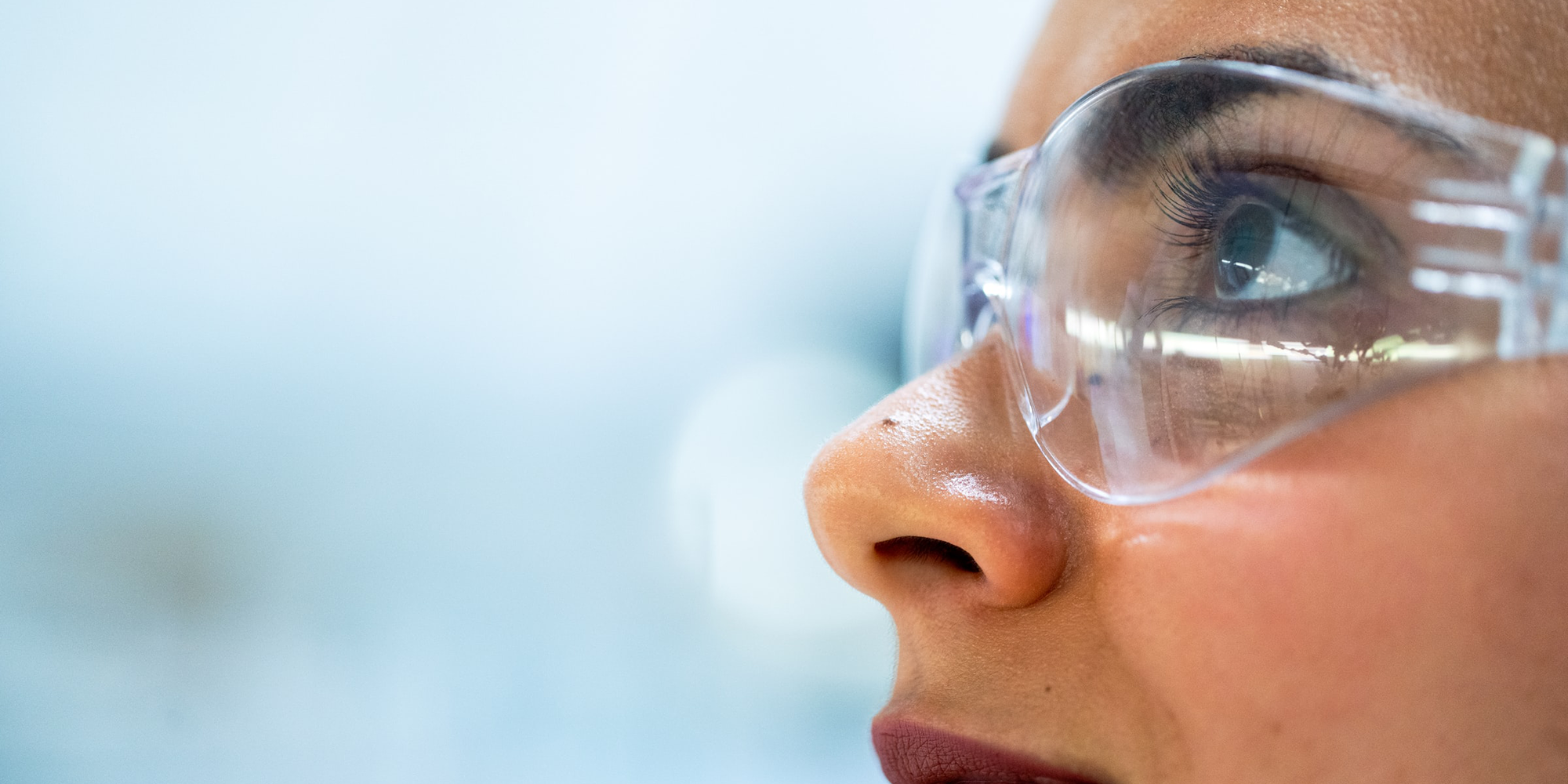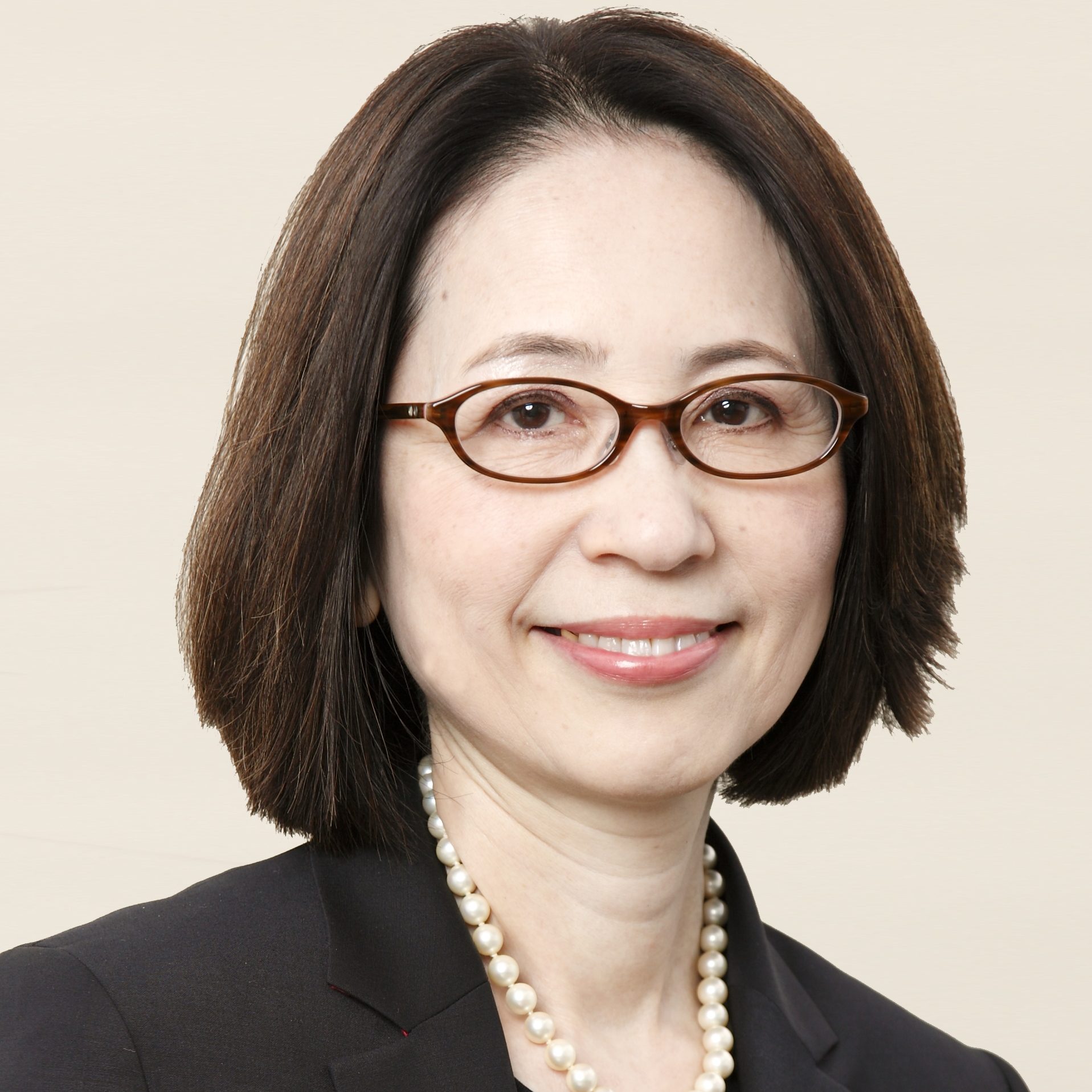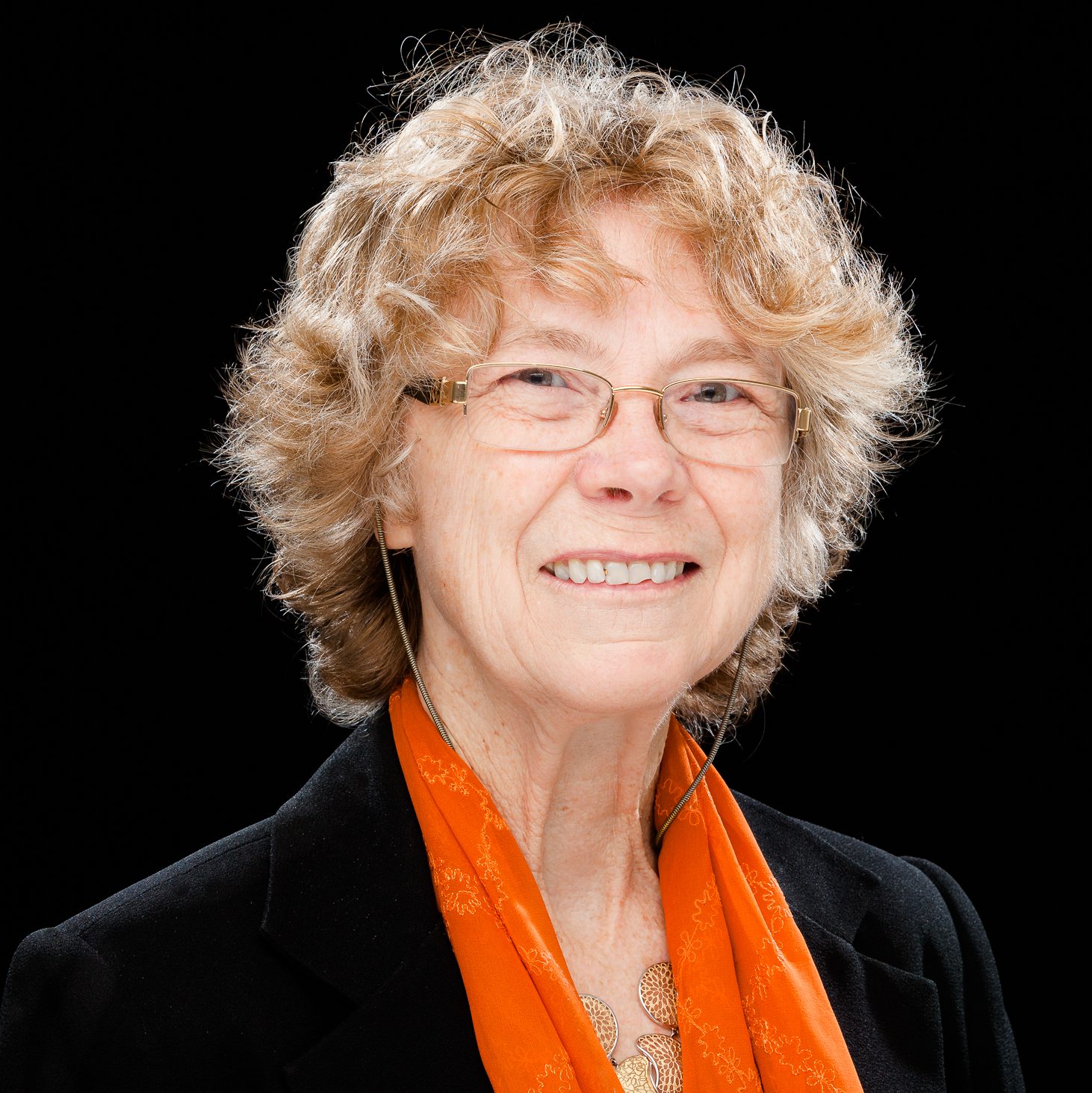
International Women’s Day is a global day of celebration for the social, economic, cultural and political achievements of women. From the development of COVID-19 vaccines to the mitigation of climate change, female scientists are making critical contributions to human and environmental wellbeing. The International Science Council (ISC) champions the work of all scientists, but today celebrates the vital contributions women make in the Council’s vision of science as a global public good.
Earlier this year, ISC partnered with Nature’s ‘Working Scientist’ podcast to produce a new series highlighting diversity in science. This series explores why diversity matters, why diversity makes for better science, how to integrate diverse voices and different perspectives in research, and how to promote inclusion of less well represented or marginalized groups in science settings, including women.
“If science is to deliver on today’s global demands, we need to draw on all the potential knowledge available in the world. We need to have at hand a global knowledge trust that is inclusive and diverse. And that’s why diversity is so important in today’s context.”
Heide Hackmann, Chief Executive Officer of the International Science Council, speaking during the podcast Why does diversity in science matter?
Importantly, this series also asks what practical steps can be put in place to improve diversity in science workplaces and ways of working, and how organizations such as the ISC can be ‘better allies for better science’.
Professor Sawako Shirahase, Professor of Sociology at the University of Tokyo, is one of the eleven scientists that make up the ISC’s Committee for Freedom and Responsibility in Science (CFRS). For Professor Shirahase, her identity as a female and Asian social scientist is part of her contribution to this endeavour.

“Many types of diversity will be required to uplift women scientists, and make the world a better place.”
Sawako Shirahase
International Women’s Day marks a call to action for accelerating gender parity, and the United Nations’ theme this year is “Women in leadership: Achieving an equal future in a Covid-19 world”. Scientists around the world have been affected by the Covid-19 pandemic, but not all scientists are affected in the same ways and to the same extent. For women scientists, the pandemic has highlighted and exacerbated many of the long-standing barriers to equality.
Professor Cheryl Praeger, Emeritus Professor of Mathematics at the University of Western Australia, views her work as a member of CFRS as an opportunity to support women whose scientific careers have been jeopardized by Covid-19.

“I have always been concerned with social justice and ethical issues. I hope to ensure that the welfare of female scientists is clearly addressed – especially now, since female scientists seem, as a group, disproportionately affected by the COVID-19 pandemic.”
Cheryl Praeger
Beyond the pandemic, empowering women and promoting gender equality is central to sustainable development, and achieving gender equality in science is a key part of the ISC’s current Action Plan. The ISC is developing its project, Gender Equality in Science: From awareness to transformation, with partners such as Gender InSITE, the Inter-Academy Partnership and the Global Research Council.
“The persistent gender gap for women and girls in science undermines the voice of science and its role in realizing the Sustainable Development Goals. Our task now is to learn from the successes and failures of existing policies and practices and on that basis to promote effective, transformative action – at all levels of science endeavour in all parts of the world – that promotes the status of women and girls in science, while adopting practices that banish inequitable gender roles and norms, and address unequal power dynamics.”
Heide Hackmann, Chief Executive Officer of the International Science Council, on Addressing and Transforming the Gender Gap
The Universal Declaration of Human Rights enshrines the right to share in scientific advancement and its benefits, and strengthening this right is UNESCO’s Recommendation on Science and Scientific Researchers. Yet female scientists around the world continue to face discrimination and inequities which undermine their scientific freedom. CFRS is the guardian of the Council’s work on the right to engage in scientific enquiry, to pursue and communicate knowledge, and to associate freely in such activities.
CFRS is currently monitoring several cases in which the rights and freedoms of female scientists to conduct their work have been restricted. In August 2020, the Committee issued a statement calling for the release of eight Iranian researchers associated with the Persian Heritage Wildlife Foundation. The group includes two women, Niloufar Bayani and Morad Tahbaz, who received the longest sentences of ten years.
In addition to making public statements, the Committee also works behind-the-scenes to keep up the pressure on decision-makers to honour their commitments to the freedom of scientific enquiry and to fundamental human rights for all scientists. This includes cases when the individual scientists concerned prefer not to be named in public advocacy campaigns. In December 2020, we celebrated the release of British-Australian researcher Kylie Moore-Gilbert, who was arrested after attending a conference in Iran in September 2018. After over 800 days of imprisonment, Dr Moore-Gilbert was released as part of a prisoner swap, and has returned to Australia to be reunited with her family.
Underlying the Council’s efforts to promote and protect the work of female scientists is the Principle of Freedom and Responsibility in Science. This principle is grounded in long-standing ethical frameworks, including the Universal Declaration of Human Rights. Yet recent developments in the 21st century call for a review of the meaning of scientific freedom and responsibility, and the role of bodies such as the ISC in upholding its basic tenets in a rapidly evolving society.
The free and responsible practice of science is fundamental to scientific advancement and human and environmental well-being. Such practice, in all its aspects, requires freedom of movement, association, expression and communication for scientists, as well as equitable access to data, information, and other resources for research. It requires responsibility at all levels to carry out and communicate scientific work with integrity, respect, fairness, trustworthiness, and transparency, recognizing its benefits and possible harms. In advocating the free and responsible practice of science, the Council promotes equitable opportunities for access to science and its benefits, and opposes discrimination based on such factors as ethnic origin, religion, citizenship, language, political or other opinion, sex, gender identity, sexual orientation, disability, or age.
To this end, CFRS has convened a writing group of ten experts to prepare a Position Paper outlining a contemporary perspective on the responsible practice of science, and the main issues at stake. This paper will be used as a spring-board to start a global discussion, and the development of guidelines to strengthen a science system that protects and encourages the free and responsible practice of scientific research.
Professor Quarraisha Abdool Karim, Associate Scientific Director at the Centre for the AIDS Program of Research in South Africa (CAPRISA) and Professor in Clinical Epidemiology at Columbia University, is one of the experts working on the Position Paper this year. As an epidemiologist balancing science and social justice issues, Professor Abdool Karim shared her perspective on the valuable contribution of women scientists to the group.
“I think it has been important to have several women scientists on CFRS writing group as our presence epitomizes the diversity of women in science and the valuable contributions we each bring in terms of regions and science disciplines. Our voices are being heard and our perspectives are appreciated and reflected in the document. Our contributions are more than ensuring the inclusion of women’s voices, but more about the synergy that is possible when no voices are excluded in developing such critical guidance on freedoms and responsibilities of scientists.”
Quarraisha Abdool Karim
The Paper champions the practice of science as a universal and diverse endeavour, recognizing the unique role that women scientists will play in shaping the future of society. International Women’s Day is an opportunity to take stock of the challenges facing women in the 21st century, and to celebrate the work of female scientists in striving for equality.
Photo: ThisisEngineering RAEng on Unsplash